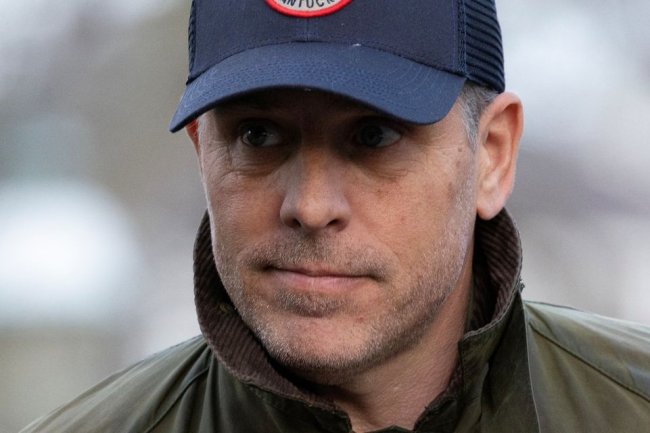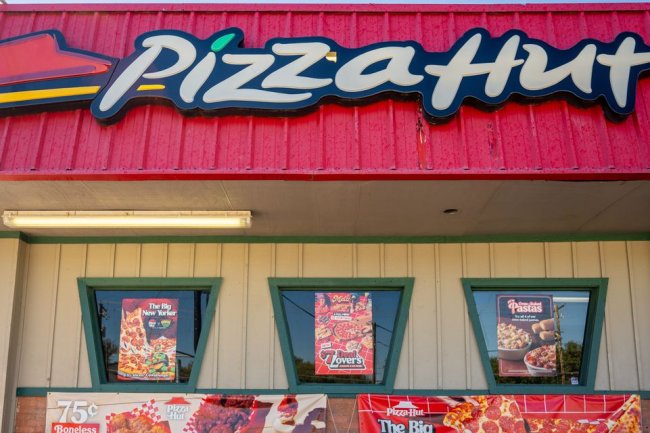Age Before Beauty, but What About Surgery?
Older doctors can get the job done. They may even do it better. July 14, 2023 12:38 pm ET Photo: Getty Images Over a 40-year career as a surgeon, I have observed that those surgeons who are over 60, remain actively practicing and are diligent in keeping up-to-date on continuing medical education have results as good or superior to those of their younger counterparts (“Do Younger or Older Doctors Get Better Results?” Review, July 8). In surgery, experience coupled with continued education is an irrefutable asset. On many occasions, I have had younger colleagues seek my opinion and rely on my experience for their difficult cases, and I was honored to offer it. I recognized and respected that my younger colleagues were more experienced in newer techniques and medications, and went to them for opinions on these matters. Mutual respect and recognition of expertise is


Photo: Getty Images
Over a 40-year career as a surgeon, I have observed that those surgeons who are over 60, remain actively practicing and are diligent in keeping up-to-date on continuing medical education have results as good or superior to those of their younger counterparts (“Do Younger or Older Doctors Get Better Results?” Review, July 8). In surgery, experience coupled with continued education is an irrefutable asset.
On many occasions, I have had younger colleagues seek my opinion and rely on my experience for their difficult cases, and I was honored to offer it. I recognized and respected that my younger colleagues were more experienced in newer techniques and medications, and went to them for opinions on these matters. Mutual respect and recognition of expertise is the key to obtaining the best results, regardless of age.
William A. Mandour, M.D.
Naples, Fla.
Drs. Anupam Jena and Christopher Worsham suspect a cause of increased mortality among patients of senior physicians is that younger doctors practice with the “latest advances” and older doctors “haven’t kept up.” I think there is a third difference that leads to a selection bias.
It isn’t unexpected that the most seriously ill or complicated patients are directed to the most-experienced physician, hospitalist or surgeon after the initial care. This is usually one of the older, senior physicians. Her patient-mortality and complication rates are expected to be higher, regardless of her knowledge of the “latest and greatest” treatments. Despite this higher rate of patient mortality, she is the doctor whom her colleagues will recommend for themselves or their family because they know she has the greatest chance of success.
Morris L. Gavant, M.D.
Baltimore
As I was starting my practice, I read an article that stated a rule of thumb that was a bit tongue in cheek, I thought at the time: That a neurosurgeon needs 10 years after residency to learn how to do the surgery, then 10 more years to learn which patient to operate on and which operation to do, and 10 more years to learn on whom not to operate, so that finally, after 30 years, he or she is a mature, capable neurosurgeon.
Reflecting on my years of practicing neurosurgery, I would say that this timeline is a little exaggerated, but not far off. When I retired, I was the best neurosurgeon I had ever been, slipping very little if at all in surgical technique but maturing still in judgment. When I need surgery, my answer always is to pick the older surgeon.
Thomas Carlstrom, M.D.
Hopkins, Minn.
What's Your Reaction?






















